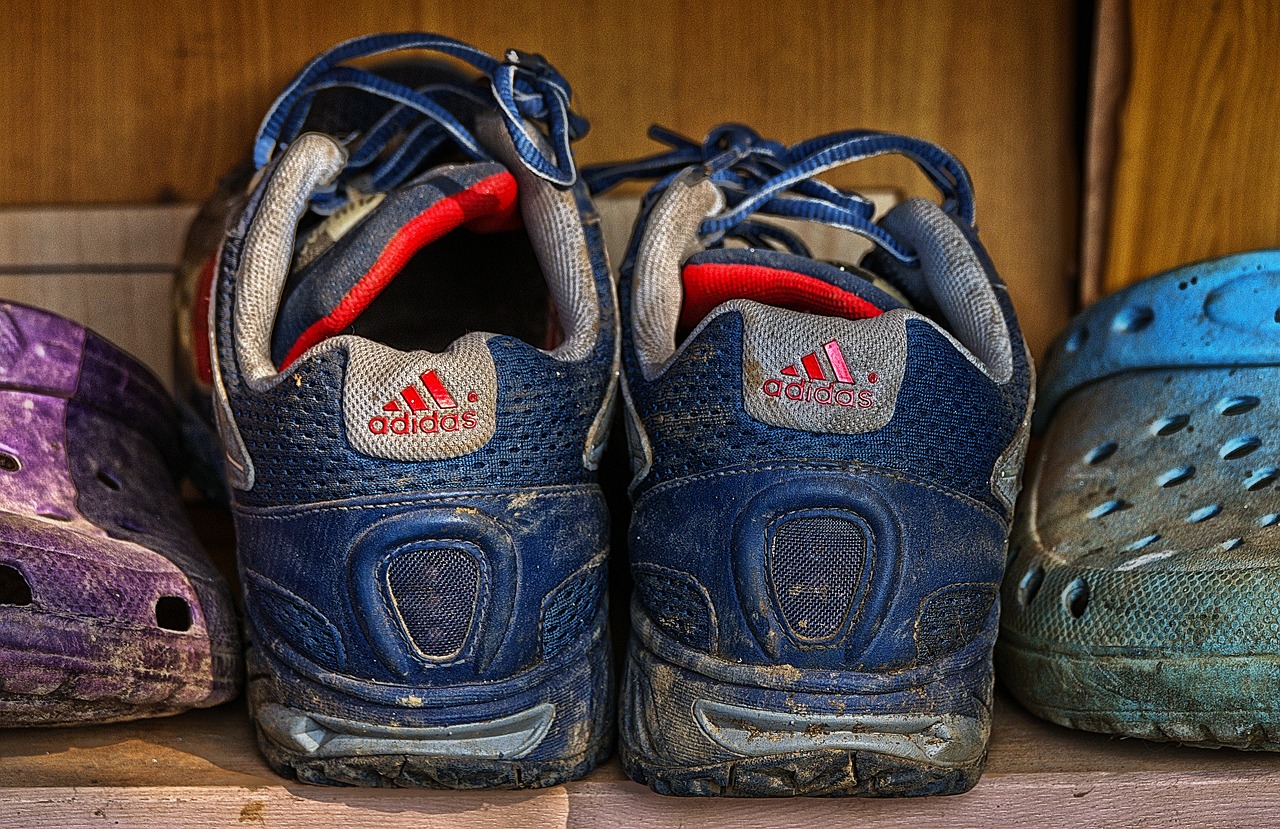The Role of Personalization in Hotel Loyalty Programs: Goldbet7, Radheexch, 11xplayonline
goldbet7, radheexch, 11xplayonline: Personalization plays a vital role in hotel loyalty programs, as it helps hotels build strong relationships with their guests and foster loyalty over time. By personalizing the guest experience, hotels can create a more memorable and enjoyable stay for their guests, ultimately leading to higher retention rates and increased revenue.
Here are some key ways in which personalization enhances hotel loyalty programs:
1. Tailored Recommendations: Personalization allows hotels to tailor their recommendations to each guest’s preferences and past behavior. By analyzing data such as booking history, room preferences, and on-site activities, hotels can offer personalized suggestions for dining options, activities, and amenities that are likely to appeal to each guest.
2. Customized Offers: Personalization enables hotels to create customized offers and promotions for individual guests based on their preferences and past behavior. By offering targeted discounts, upgrades, and special packages, hotels can incentivize repeat bookings and enhance the overall guest experience.
3. Personalized Communication: By personalizing communication with guests, hotels can build stronger relationships and foster loyalty over time. Whether through personalized emails, messages, or in-person interactions, hotels can make guests feel valued and appreciated, ultimately leading to increased satisfaction and retention.
4. Seamless Booking Process: Personalization can also streamline the booking process for guests, making it easier and more convenient to make reservations and manage their stay. By pre-populating guest preferences and offering personalized booking options, hotels can enhance the overall booking experience and encourage repeat bookings.
5. Enhanced Loyalty Rewards: Personalization enables hotels to offer more relevant and valuable loyalty rewards to guests, based on their individual preferences and behavior. By tailoring loyalty rewards to each guest’s interests and needs, hotels can increase engagement with their loyalty program and encourage repeat stays.
6. Improved Guest Satisfaction: Ultimately, personalization leads to improved guest satisfaction and loyalty, as guests feel that their individual needs and preferences are being met. By personalizing the guest experience at every touchpoint, hotels can create a more memorable and enjoyable stay for their guests, leading to higher satisfaction levels and increased loyalty over time.
In conclusion, personalization plays a crucial role in hotel loyalty programs by enhancing the guest experience, building stronger relationships, and fostering loyalty over time. By tailoring recommendations, offers, communication, booking processes, loyalty rewards, and overall guest satisfaction, hotels can create a more personalized and engaging experience for their guests, leading to increased retention rates and revenue growth.
FAQs
Q: How can hotels collect guest data for personalization?
A: Hotels can collect guest data through various channels, such as booking platforms, on-site interactions, loyalty programs, and guest feedback forms. By leveraging this data effectively, hotels can gain valuable insights into guest preferences and behavior, enabling them to personalize the guest experience.
Q: Is personalization important for all types of hotels?
A: Yes, personalization is important for all types of hotels, regardless of size or location. By personalizing the guest experience, hotels can differentiate themselves from competitors, build stronger relationships with guests, and ultimately drive loyalty and revenue growth.







